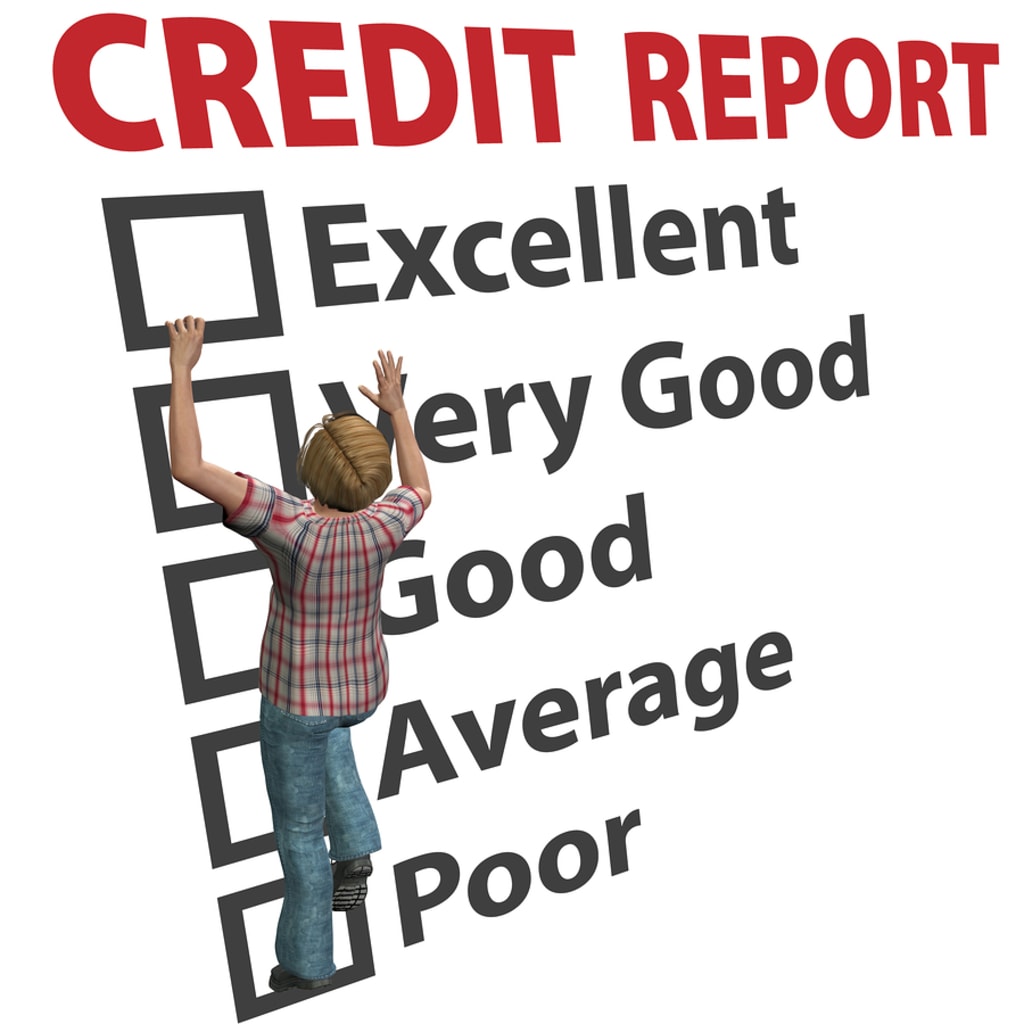Tips To Improve Your Credit Score
Having good credit can save you thousands of dollars a year.

,Your credit score can impact many aspect of your life. It is important to monitor and improve your credit score whenever possible.
Many pieces of the home buying process, including the interest rate you get on a mortgage, are affected by your credit score. Most people know that.
But, your credit score can also can impact your Private Mortgage Insurance rate, if you are putting down less than 20%. As well as impacting what you will pay for homeowner’s insurance premiums.
It goes farther than that. The ability to get the best interest rate possible on things like auto loans, credit cards, lines of credit, etc… is affected by your credit score as well. A low credit score can also prevent you from getting certain jobs in the financial sector.
How To Improve Your Credit Score
Maintaining your credit score can possibly save you hundreds of dollars a month. For some consumers improving your credit sore can be a relatively simple task. For others it may take some time.
Pull Your Credit
Improving your credit score starts with getting your hands on your free credit report from all three bureaus and understanding your credit score and how it can be affected. There are several places you can get a free credit report for this purpose.
Once you have your hands on your credit score check:
• Personal Information: Make sure all of your personal information is correct. Sometimes your information will cross with people with a similar name. A common mistake is a Jr.’s information will get mixed up with a Sr.’s information.
• Verify all of your lines of credit is correct. Look for signs of accounts being opened that you are not aware of. This could be a sign of identity theft.
• Check Recent Inquiries. Recent inquiries that aren’t yours can also be a sign of identity theft.
• Verify Collection, Bankruptcy Information. Make sure no mistakes are made and the information is accurate.
If there are mistakes, dispute the inaccuracies with the credit bureaus immediately. It is not all that unusual for mistakes to be made that can lower your credit score.
Catch Up and Pay Your Bills On Time
If your credit reports you are late on any lines of credit, get caught up immediately. Continue to pay your bills on time.
Timely payments make up 35% of your credit score. Paying your bills on time is critical and will have the most impact on improving your credit score.
If you have some late payments don’t worry. Recency weighs heavily on the scoring. A few recent late payments will impact your credit more than something three years ago. Just stop making late payments.
Utilization of Credit and Amount of Debt
Utilization of credit plays another large role in your credit score. It makes up 30% of your credit score.
What the reporting agencies are looking for is the total amount of credit available to you and what percentage you use. For example, if you have $5000 available on a credit card and you typically run $3000 as a balance you are using over 50% of your available funds.
This is viewed as negative for the reporting agencies. Every 25% of credit utilization puts a ding in your credit score. Try to keep your balances under 25%-30% of the available funds.
If you are close to a benchmark pay down below that amount to have a decent improvement in credit score.
What does this mean?
If you use your credit cards to pay your monthly bills and you pay it off at the same time every month, you will show a high utilization of your credit. Yes, you pay it off, but this is what is reported.
Consider raising your credit limits so your utilization is lower or spread those bills across several cards.
Age of Credit
The older a line of credit is the better. Age of credit makes up 15% of your credit score.
Often a consumer will close cards they aren’t using. But it is a mistake to do so if that card is your oldest line of credit.
Also, your available balance will be used to calculate your overall usage compared to your overall available balance.
So, closing a line of credit can actually hurt you. Pay attention to the line of credit you are closing.
Credit Inquiries
Credit inquiries impact your credit score by about 10%. Only allow hard inquiries to be run on your credit if absolutely necessary.
Many hard inquiries in a row, may show you are in financial trouble and the credit reporting agencies will view it as so.
Mix of Credit
Credit reporting agencies want to see a mix of credit. What is a mix of credit? They want to see your ability to pay down installment loans like an automobile or home loan as well as revolving credit.
If you only have had credit cards, think of adding an installment loan to the mix like a car loan. If you don’t really need the loan take one out for 2 years and pay it down fast. It will improve your credit.
Quick Recap Of How To Improve Your Credit Score
Some people obviously need help in improving their credit score.
But, for others they may think they are doing the right things to maintain their credit when they are actually hurting it. Let’s take a quick look at things we discussed here that you should or should not do to improve your credit.
1. Pull your credit annually and check for inaccuracies, mistakes and identity theft.
2. Pay your bills on time.
3. Try to keep your credit utilization under 30%
4. Consider asking for an available balance increase to help keep your utilization under 30%
5. Never cosign for another. Cosigning adds that line of credit to your credit profile and you do not have any control over it.
6. Don’t unilaterally close old credit accounts. Think about its impact.
7. Make sure you have a good mix of credit usage. Add a line of credit if need be.
8. Use your credit but do so sparingly. By using credit you show you are responsible. Never using credit can actually impact you negatively.
9. Don’t max out your line of credits.
10. Don’t constantly have credit inquiries pulled. A good example is someone who opens a store credit at every opportunity card to get discount.
Monitoring your credit, maintaining your credit and improving your credit can potentially save hundreds of dollars a month in payments, adding up a savings of a couple of thousand of dollars a year or more!






Comments
There are no comments for this story
Be the first to respond and start the conversation.